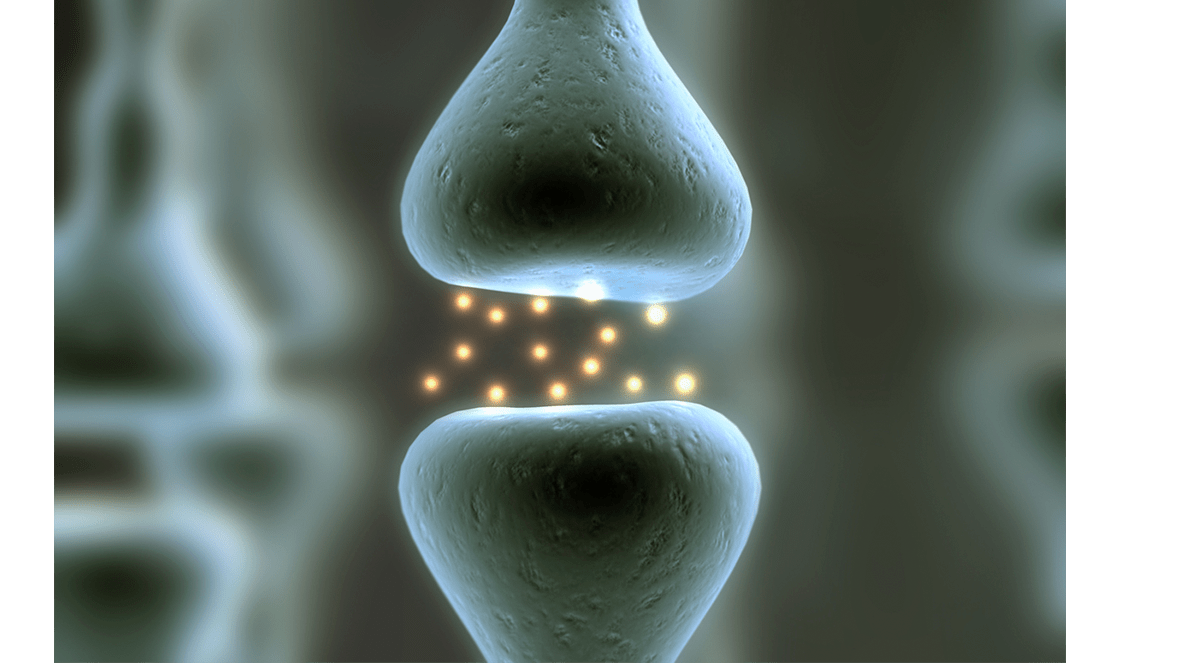Deficits in arginine vasopressin (AVP) and oxytocin (OT), two neuropeptides closely implicated in the modulation of social behaviours, have been reported in some early developmental disorders and autism spectrum disorders. Mutations in the X-linked methyl-CpG-binding protein 2 (MECP2) gene are associated to Rett syndrome and other neuropsychiatric conditions. Thus, we first analysed AVP and OT expression in the brain of Mecp2-mutant mice by immunohistochemistry. Our results revealed no significant differences in these systems in young adult Mecp2-heterozygous females, as compared to WT littermates. By contrast, we found a significant reduction in the sexually dimorphic, testosterone-dependent, vasopressinergic innervation in several nuclei of the social brain network and oxytocinergic innervation in the lateral habenula of Mecp2-null males, as compared to WT littermates. Analysis of urinary production of pheromones shows that Mecp2-null males lack the testosterone-dependent pheromone darcin, strongly suggesting low levels of androgens in these males. In addition, resident-intruder tests revealed lack of aggressive behaviour in Mecp2-null males and decreased chemoinvestigation of the intruder. By contrast, Mecp2-null males exhibited enhanced social approach, as compared to WT animals, in a 3-chamber social interaction test. In summary, Mecp2-null males, which display internal testicles, display a significant reduction of some male-specific features, such as vasopressinergic innervation within the social brain network, male pheromone production and aggressive behaviour. Thus, atypical social behaviours in Mecp2-null males may be caused, at least in part, by the effect of lack of MeCP2 over sexual differentiation.
Male-specific features are reduced in Mecp2-null mice: analyses of vasopressinergic innervation, pheromone production and social behaviour.


